POVERTY ALLEVIATION
Having vital necessities met does not ensure hope and dignity in a community, if people are not self-sufficient, and if they have no means to shape their own futures. When we began our work in the river island regions of Northern Bangladesh, we encountered many families mired in hopelessness due to poverty and lack of opportunities.
After ensuring the availability of life-saving services, we create a path out of poverty through economic opportunities and capacity-building.
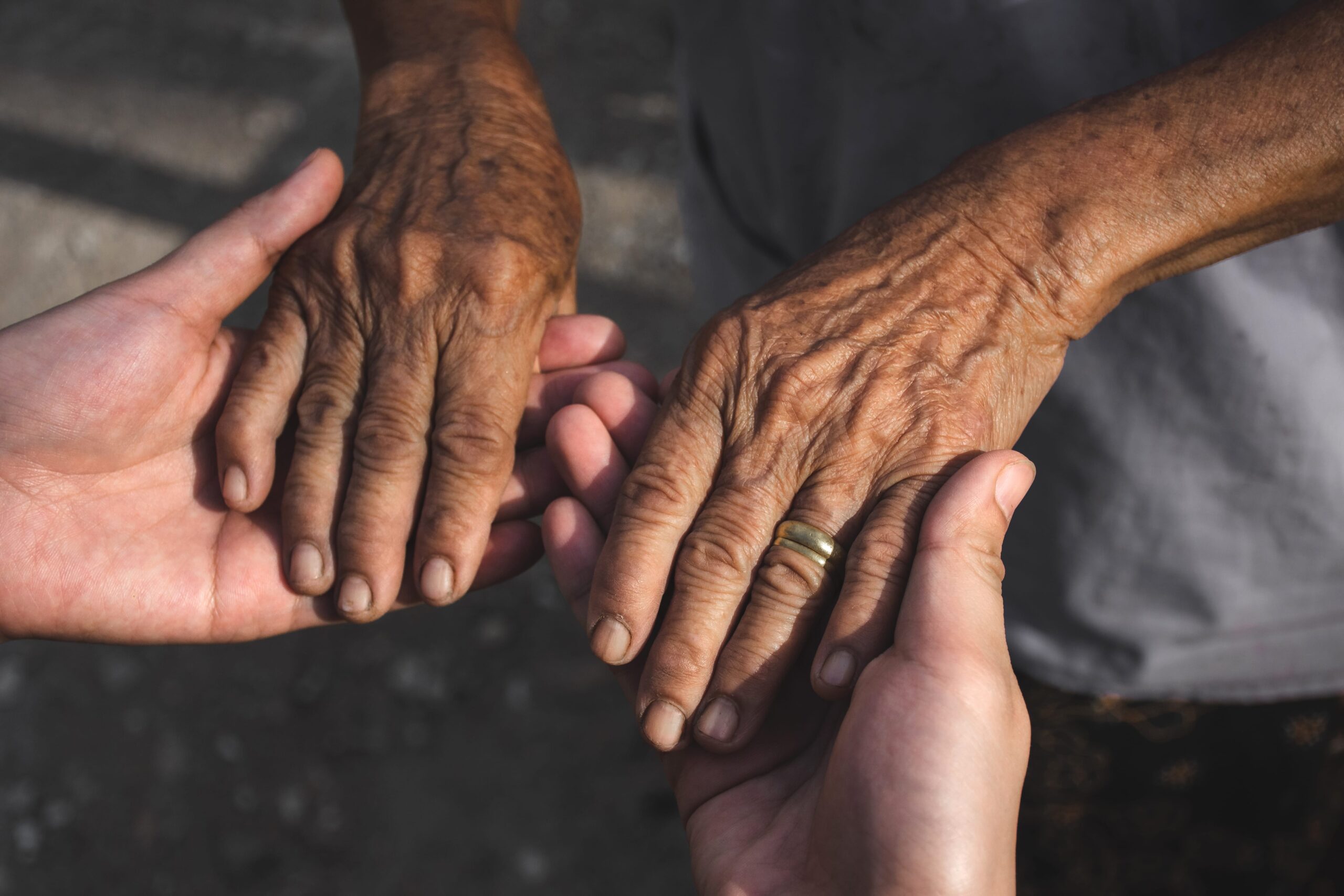
Global poverty
Poverty is a global issue that affects millions of people, transcending borders, cultures, and socioeconomic statuses. It deprives individuals and families of basic human rights, including access to food, clean water, education, and healthcare. Microfinance initiatives can help poor families out of poverty by providing small loans for entrepreneurship. The status of tclimate-vulnerable poor is more critical than others. APDS is committed to alleviating poverty through its microfinance initiatives, especially for those who are climate vulnerable.
Fostering economic empowerment
Economic empowerment of the poor, especially the women in a country like Bangladesh can bring a huge impact on the overall economic situation. By empowering individuals and communities, nations can unlock their full potential for growth and prosperity. Empowerment plays a crucial role in poverty eradication. Grassroots movements, led by individuals and communities affected by poverty, are instrumental in creating sustainable change. APDS will continue its commitment to empowering the poor by giving them access to finance and capacity-building training.
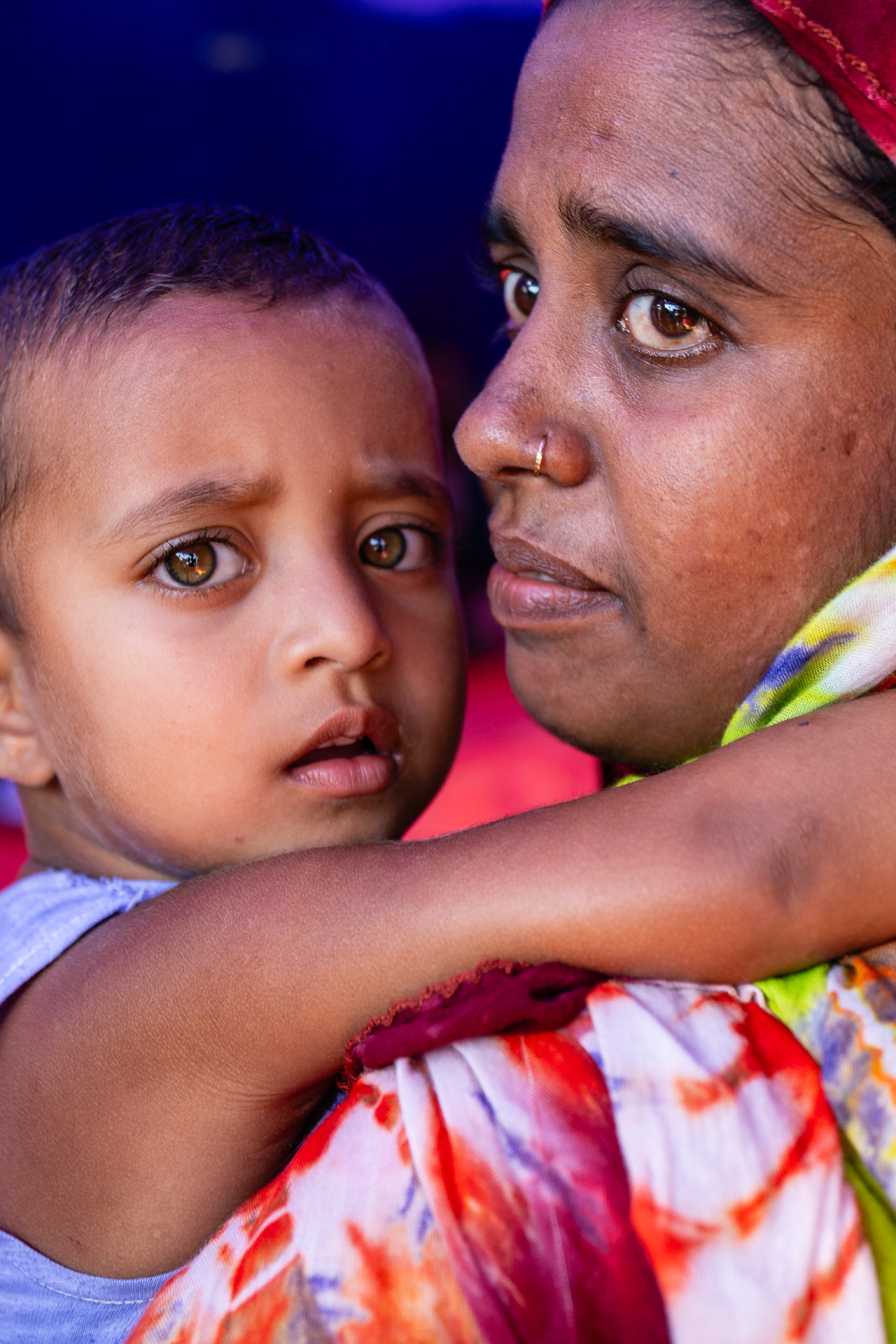
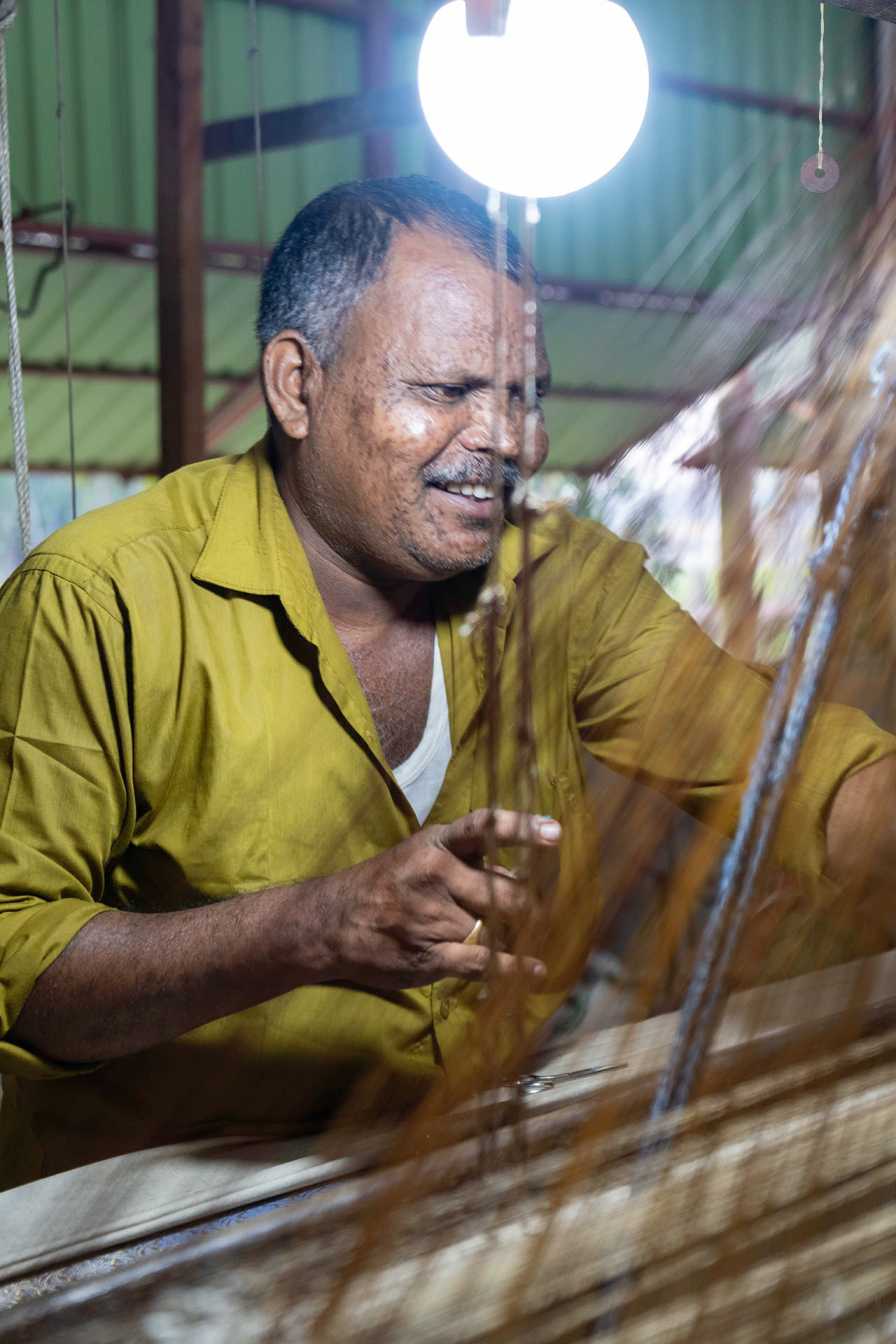
Micro-finance
Access to finance can help save or create livelihoods. APDS offers loans to farmers and fishermen, as well as our extant beneficiaries who need a general loan as assistance to be able to get back on their feet.
The loans can cover everything from nets, boats, engines, tackle, bait, and other equipment for fishermen; farming equipment, seeds, fertilisers, etc. for the farmers; and a general loan for cash injections to keep businesses afloat over short-term cash shortfalls.
APDS loan products and its features
APDS gives special emphasis on savings, especially to ensure a sustainable model of development for extremely marginalised communities. The motivation for savings was very poor within our working area. Last year immediately after the Covid pandemic we placed a special focus on savings by offering a financial literacy course for group members and that paid off. Members used to save weekly/bi-weekly and monthly Under Agriculture, which provides crop loans and Input supply/equipment loans.
| Product | Tenure | Repayment Mode | Rate of interest |
|---|---|---|---|
| Agri Seasonal | 5 to 8 months | Single | 20% to 24% |
| Agri. Equipment | Max 24 months | Monthly | Not over 24% |
| Emergency Loan | As per core loan | As per core loan | As per core loan |
| General (SL & EPL) | 12 months | Weekly/bi-weekly/ monthly | 20 % to 24% |
| Risk Share | 6 months | Single | 66:24 profit shared |
The repayment tenure of the crop loan being disbursed is based on the crop cycle. The loan ceiling can be from BDT 15,000 to 200,000. The first loan usually disbursed is up to BDT 25,000. The increment of the next cycle loan depends on crop and land portion but is normally not over 30%.
In the case of a loan for input supply (equipment), the tenure may be for a long term between 12 and 24 months. The loan amount for equipment may be from BDT 10,000 to 200,000. There is no ceiling bar for equipment loans. For all loans a minimum of 10% savings is mandatory.
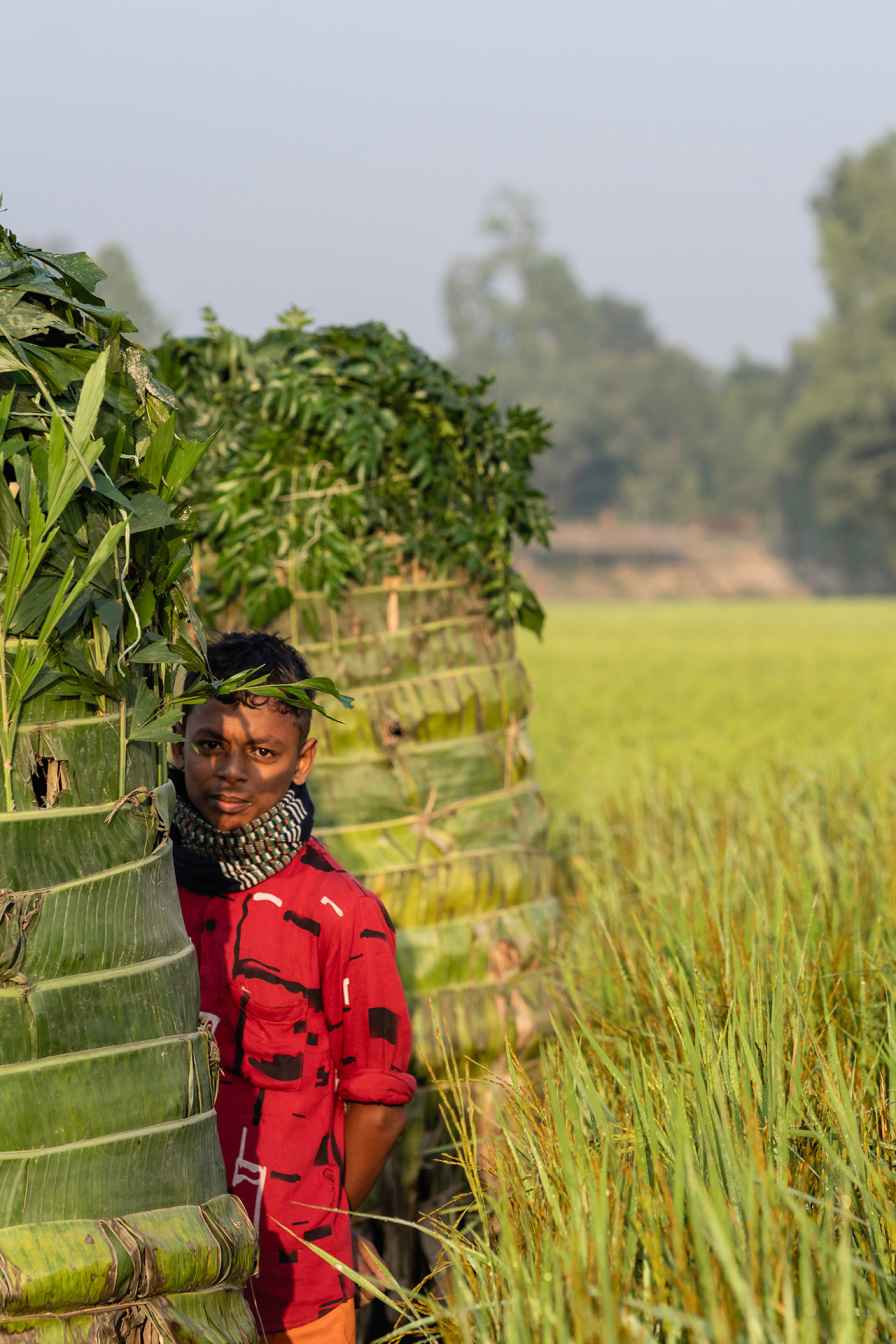
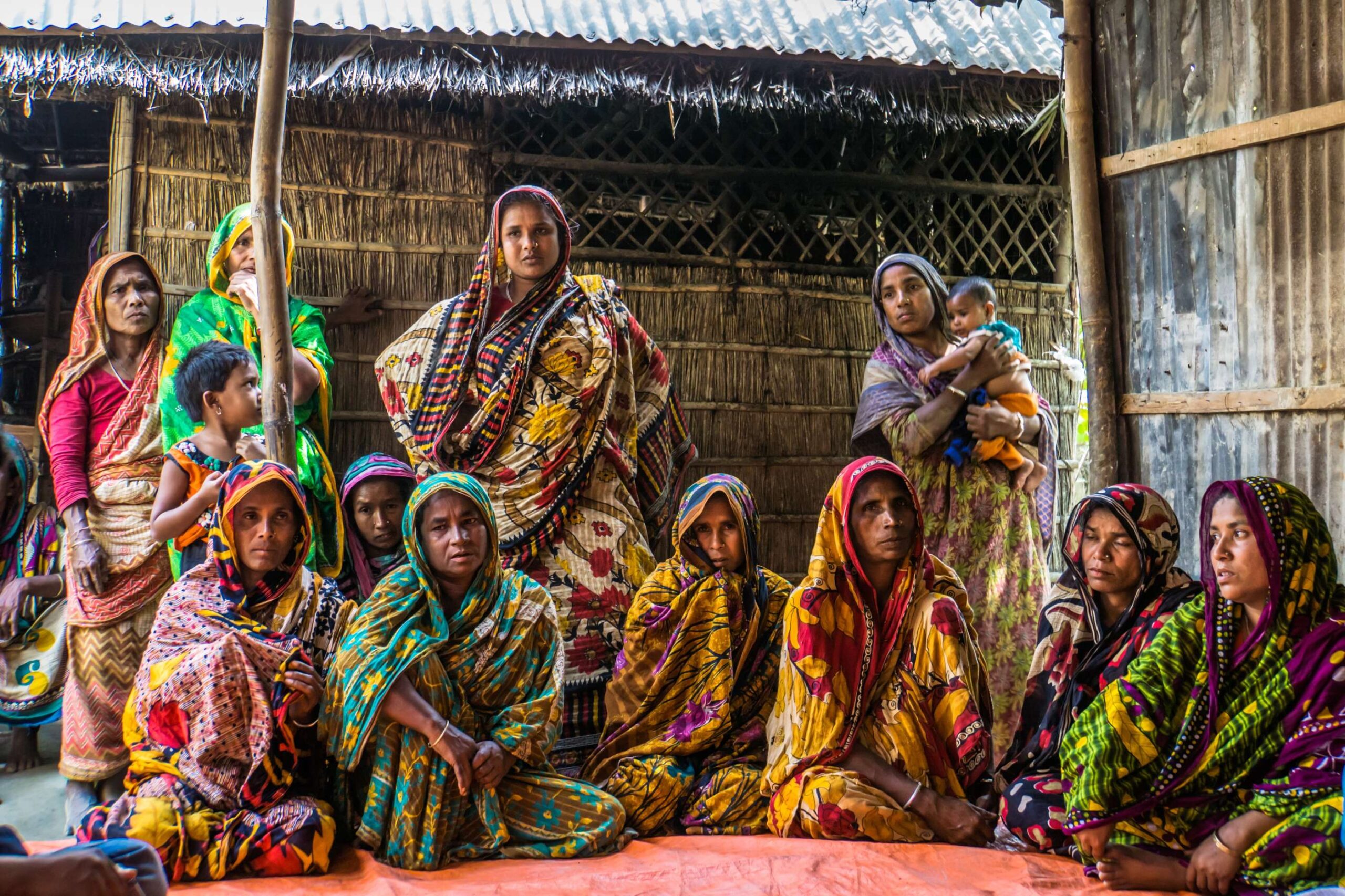
Access to government services and social safety net
The Government of Bangladesh has social safety net programmes, employment programmes, and land available specifically for ultra-poor and landless families who are in dire need of assistance.
Access to these programs enables families to lift themselves resources.
APDS’ community workers assist people in remote communities in gaining access to public services that they are otherwise unaware of.
